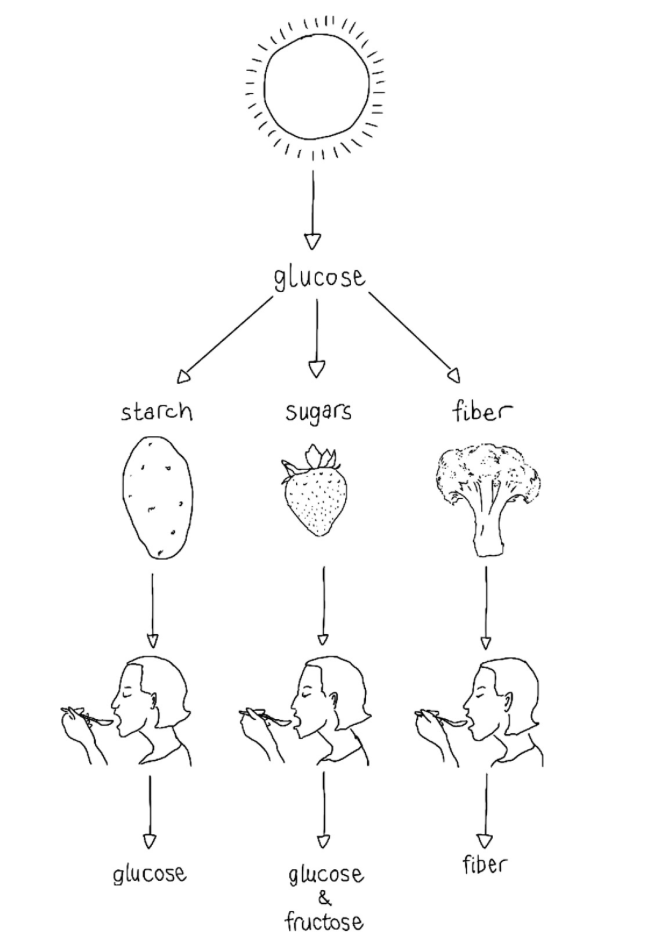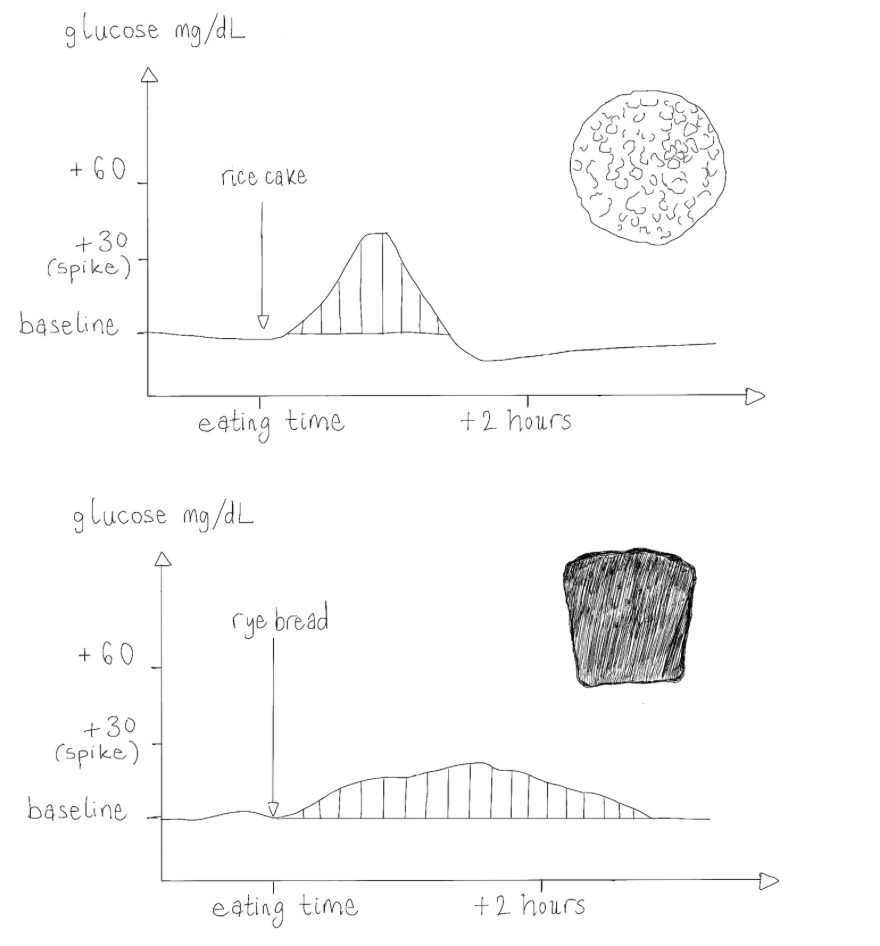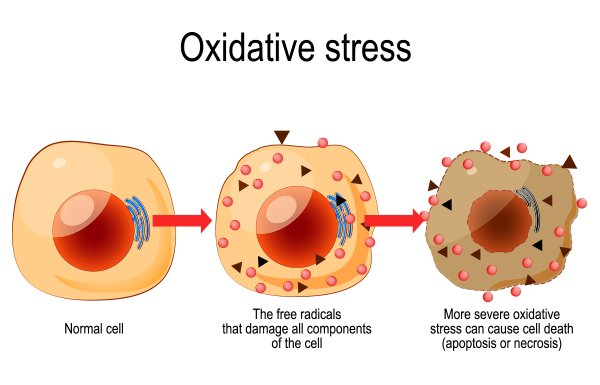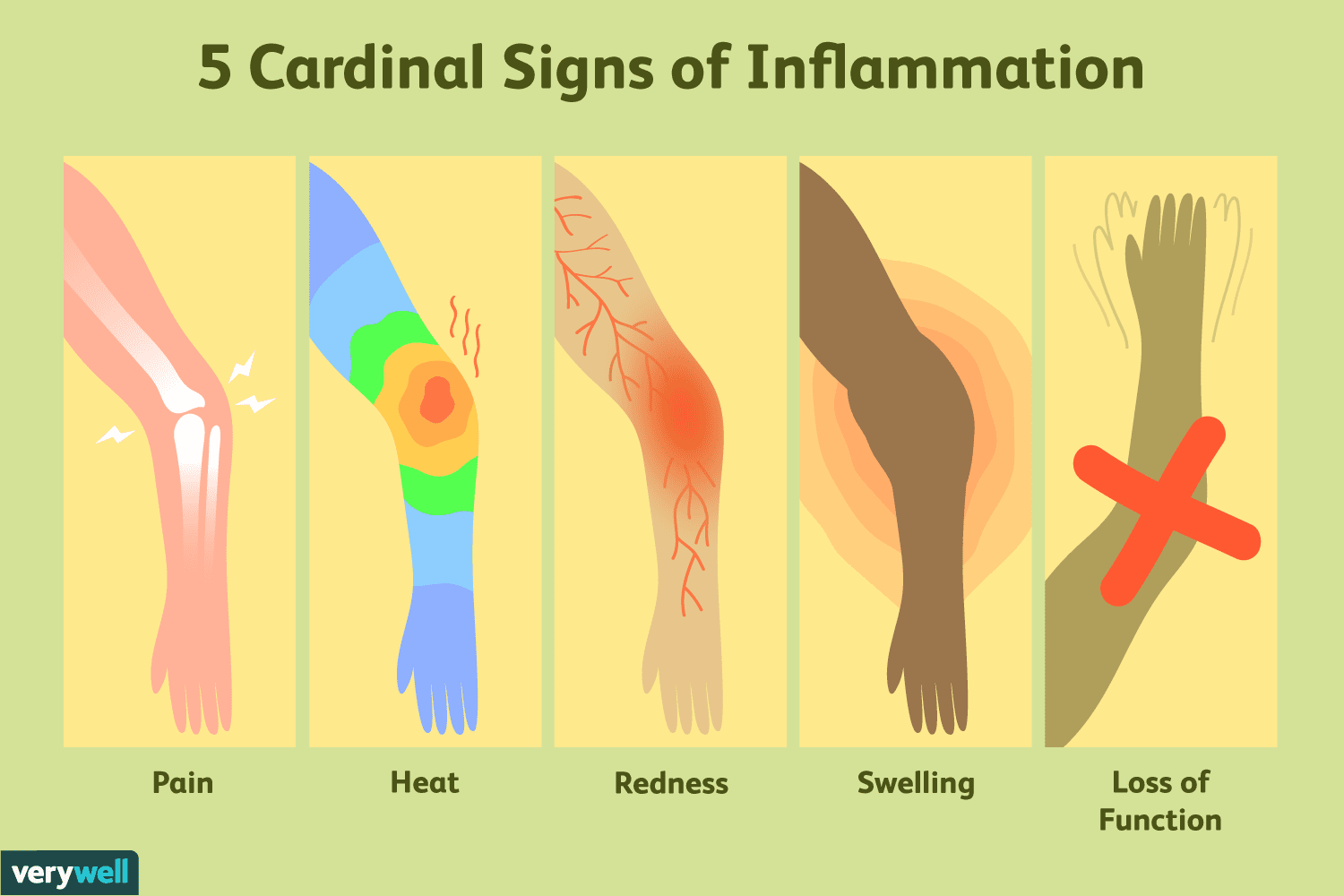Glucose Revolution
Glucose Revolution is a good book to understand how eat impacts our daily life energy and health.
This book is mainly talk about parts:
- what glucose is , include glucose spikes.
- why glucose spikes is bad for our health.
- what can we do about glucose spikes.
what glucose is
glucose is important for our body, it is the main energy source for our body. but too much glucose is bad for our health. this book is not talk about how to avoid glucose, It's about how to control glucose spikes.
glucose comes from energy from sun which is absorbed by plants. plants store energy with some forms, likes starch, sugar, and fiber.

all those forms of energy called carbohydrates. or carbs for short. Carbohydrates = Starch and Fiber and Sugars (glucose, fructose, sucrose)
As a human, we love to eat carbs especially sugar. but we never live in a world that you can get sugar easily. our brain didn't evolve to stop craving much sugar.
Our body will break down carbs into glucose. and the glucose in our blood will rise when we eat carbs.

why glucose spikes is bad for our health
When many glucose into our body, our cells's mitochondria will drowning in glucose, and release free radicals. too much free radicals will cause oxidative stress. that is why we feel tired after a big meal.

And there is a reaction called Maillard reaction. When we cook food, the food will turn brown. that is Maillard reaction. when we add sugar to food, the food will turn brown faster. that browning also happens in our body. and it will cause glycation. glycation is a process that sugar molecules attach to proteins.
The combination of oxidative stress and glycation will inflammation , a body's immune response, long-term inflammation will damage our body. sometimes you can see it in your skin.

So, high glucose in our blood will soon cause body damage, our body has a mechanism to prevent glucose's damage, it's insulin, a hormone that produced by pancreas. insulin will put extra glucose into storage cells, like liver, muscle, and fat cells.
Short term effect:
- Constantly hunger, High glucose -> High insulin -> Quickly drop glucose and Release Hormone that tell body to eat -> hunger
- That's the reason why we should eat less, we should eat make body feel full but less glucose spikes.
- Craving
- Tired, mitochondria don't work well
- Poor sleep, high glucose spikes drop quickly, your body don't sleep well.
- Sick, after high glucose spikes, your immune system will be weak. case you Cold, flu, and other infections.
- Insulin resistance, pregnancy diabetes is because of insulin level is high when pregnant. cause of the need to grow bady.
- Hot flashes, night sweats.
- Migraine
- Memory and congitive problems
Long term effect:
- Acne and other skin problems
- Faster aging
- Brain damage, Alzheimer’s and dementia
- Cancer risk,
- Poor mood, brain doesn't has sensory neurons, it can't feel pain, but it will feel mental disturbance.
- Gut problems, high glucose spikes would increase leaky gut.
- Heart disease
- PCOS, Polycystic ovary syndrome
- Diabetes
- Non-alcoholic fatty liver disease
- Weight gain, high glucose spikes will cause insulin resistance, and insulin resistance will cause weight gain.
- Wrinkles and cataracts
what can we do about glucose spikes
- Eat vegtables first, then protein, then carbs.
- Eat more fiber, much more vegtables.
- Stop counting calories.
- Flatten your breakfast , In the morning, your body is more sensitive to glucose spikes.
- Sugar are the same, if you want go get it, if you can get it from whole fruit, that's better.
- Move dessert to the end of the meal.
- “The best time to eat something sweet is after you’ve already eaten a meal with fat, protein, and fiber.”
- Don't eat sweet with empty stomach.
- Vinegar can help lower glucose spikes.
- Move exercise after meal.
- Perfer savory over sweet.
- Cover your carbs with fat, protein, and fiber.